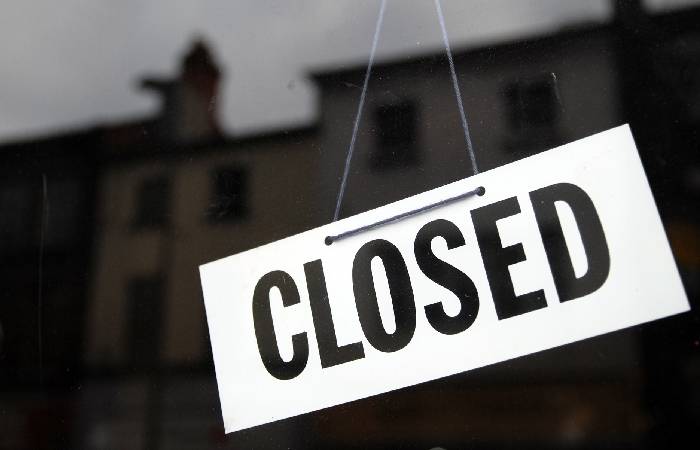NPA: Deprived areas with greatest health needs worst hit by closures
In Business
Follow this topic
Bookmark
Record learning outcomes
Deprived council areas have been disproportionately impacted by pharmacy closures in the last three years, according to a new study by the National Pharmacy Association (NPA).
A localised analysis of the latest NHS pharmacy closure data weighted by population found that three-quarters of the top 50 areas for closures in the country had higher than average levels of deprivation.
Around nine in 10 council areas have seen at least one pharmacy permanently shut in the last three years, with around 1,400 having shut since 2016, when funding to pharmacies was first cut by the Government.
The analysis also found that:
- Liverpool was the country’s capital for pharmacy closures, followed by York. Blackpool, Wakefield, Coventry and Kingston Upon Hull were all in the top ten council areas for pharmacy closures since October 2022
- West Berkshire retained its position as the country’s pharmacy desert, with the lowest number of pharmacies per head of population, followed by Wokingham. Rutland moved to third place
- Westminster, the area with the highest provision, has more than four times the number of pharmacies per head of population than West Berkshire, the area with the lowest.
All this has left England’s pharmacy network at its smallest for 20 years.
Pharmacies and council leaders are warning that patients in areas with the highest health needs have been worst impacted by a “tidal wave” of pharmacy closures in the last three years, with the risk of this widening health inequalities.
The NPA is calling on the Government to provide an urgent funding uplift or risk the NHS’s Ten Year Plan “failing before it has even begun”.
Pharmacies still face a funding gap of £2.6 billion due to the impact of historic 40 per cent cuts to their budgets, it says.
However, recent NHS statistics show that an average pharmacy is now providing patients 30 per cent more medicines than it did just six years ago, with pharmacies now dispensing over 1.16 billion prescription items a year.
Previous NPA research had found that 73 per cent of pharmacy owners had raided personal savings or remortgaged their home to keep their doors open, with 63 per cent warning they may shut in the next year without more support.
Reaction
Henry Gregg, NPA chief executive, said: “These are truly alarming statistics, showing that some of our most deprived communities with the greatest health needs have been hardest hit by a tidal wave of pharmacy closures in the last few years. This risks widening health inequalities as well as access to vital medication and care for patients.
“Community pharmacy is key to the success of the Government’s 10 Year Plan but it risks failing before it has even begun unless we see urgent uplifts to funding.
“We want to work with the Government to deliver new clinical services to patients and take pressure away from the rest of the health system but we cannot be expected to do this for free.”
Councillor Wendy Taylor, chair of the Local Government Association’s Health and Wellbeing Committee, added: “Pharmacies are integral to community health, particularly in areas with high levels of deprivation, where they often serve as the most accessible point of contact with the NHS.
“Their role in providing essential medicines, advice, and increasingly clinical services is vital to prevention and relieving pressure in other parts of health and care services.”

